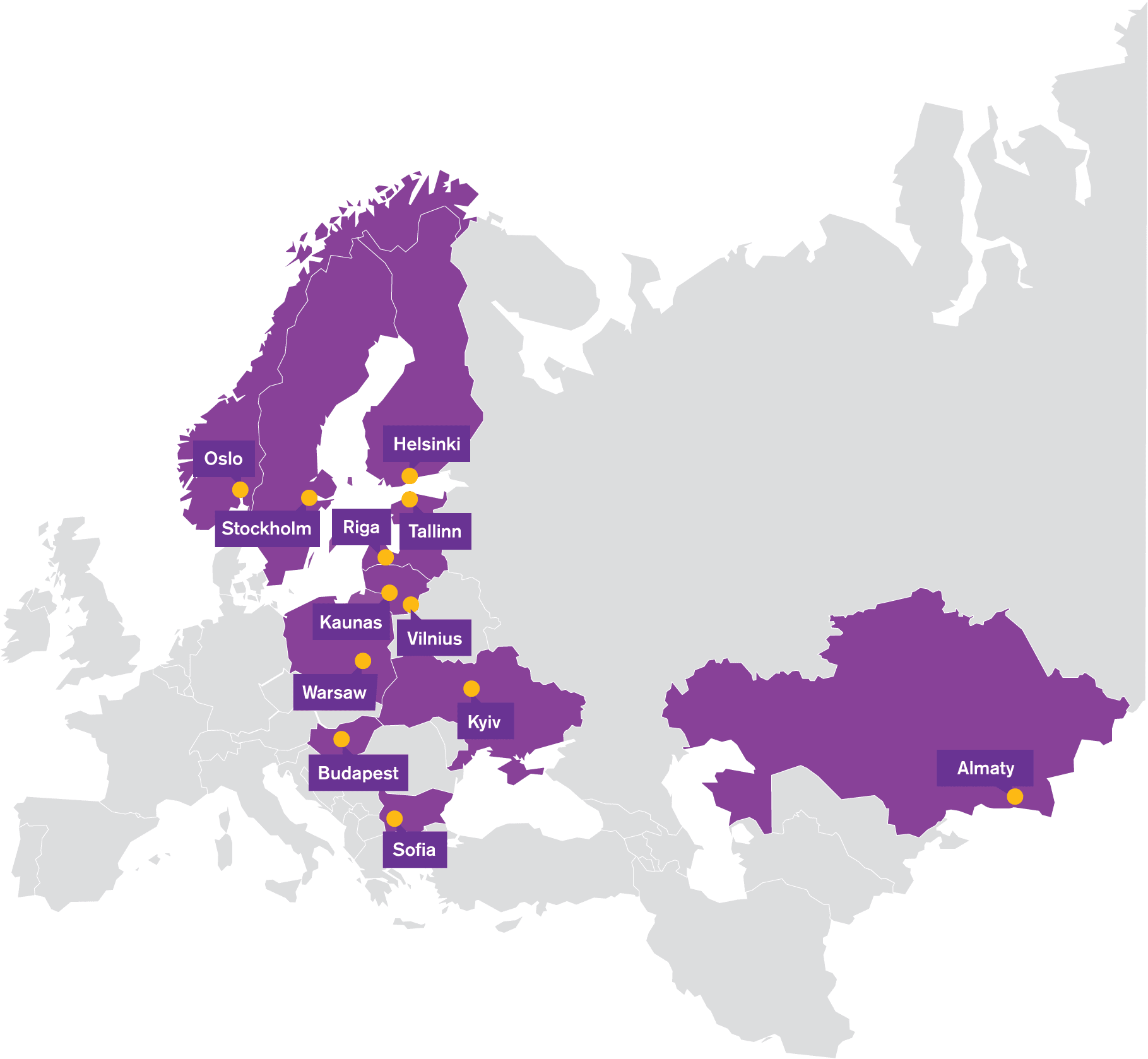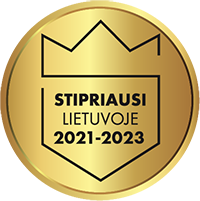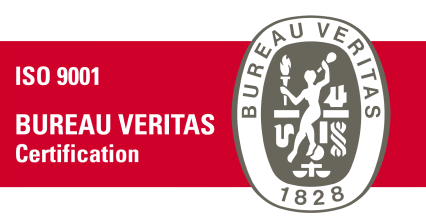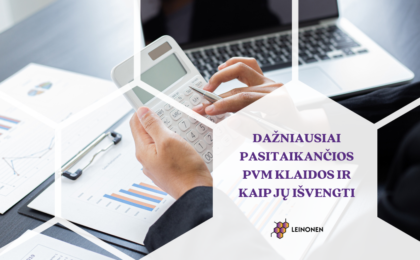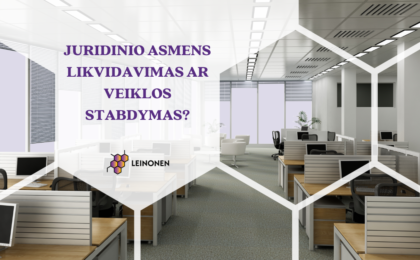Ekspertinė patirtis Jūsų verslo finansų valdymui
Esame partneris, kuris užtikrins efektyvius sprendimus jūsų verslo finansų valdymui. Teikiame pilno spektro verslo paslaugas nuo buhalterinės apskaitos iki konsultacijų teisės ir mokesčių klausimais.
Pasitikėjimu grįsta partnerystė – tai mūsų esminis įsipareigojimas jums. Jau daugiau nei 27 m. padedame įmonėms siekti savo verslo tikslų, užtikrinant, jog jų finansų srityje visuomet vyrautų balansas.

Užtikriname komfortą
Finansų valdymas reikalauja daug ekspertinių žinių bei kasdienio įsitraukimo, tad dirbdami drauge, padedame šiuos procesus valdyti efektyviau, minimizuojant rizikas bei pašalinant kliūtis, kurios gali būti aktualios kasdieninės veiklos operacijoms ar veiklą plečiant kitose rinkose. Tad siūlome komfortą jums, atsisakant varginančių užduočių bei sutelkiant dėmesį į esminių verslo siekių įgyvendinimą.
27
metai Lietuvoje
80+
darbuotojų
6
apskaitos komandos
260+
klientų, nuo vietinių startuolių iki pasaulinių prekės ženklų
Pritaikome individualius sprendimus



Tikime, jog procesai gali būti valdomi efektyviai tik tuomet, kai jie geriausiai atitinka konkretaus verslo poreikius. Tad suteiksime individualizuotus sprendimus, išsigryninę jūsų lūkesčius bei verslo specifiką. Sukaupę ilgametę patirtį rinkoje bei nuolat plėsdami kompetencijų sritis, garantuojame stabilią ir patikimą partnerystę. Mūsų paslaugos apima:
- buhalterinės apskaitos tvarkymą
- darbo užmokesčio apskaitos administravimą
- teisines paslaugas
- įmonių steigimo paslaugas
- ataskaitų įmonės vadovams rengimą
- mokesčių konsultacijas

VERTĖ JUMS
TARPTAUTINĖS RINKOS PATIRTIS
Priklausome tarptautiniam, suomiško kapitalo „Leinonen“ tinklui, veikiančiame 11-oje pasaulio šalių. Dauguma mūsų klientų yra didelės, užsienio kapitalo bendrovės, tad esant poreikiui plėsti veiklą kitose rinkose, galėsime jums užtikrinti veiklos bei konsultacijų tęstinumą įtraukiant mūsų tinklo kolegas iš Baltijos, Skandinavijos rinkų ar kitų šalių.
JŪSŲ SEKTORIAUS IŠMANYMAS
Per savo ilgametę praktiką dirbome su įvairių sektorių bendrovėmis, tad mūsų komandos nariai yra sukaupę specializuotas kompetencijas skirtingose verslo srityse. Todėl nesvarbu, dirbate nekilnojamojo turto, mažmeninės prekybos, gamybos ar kitoje srityje – komandoje paskirsime jums tinkamiausią specialistą spręsti jūsų klausimus.
PATIKIMI PATARĖJAI, NE TIK VYKDYTOJAI
Darbus atliekame už jus, bet veikiame proaktyviai patardami, kaip susidėlioti svarbiausius finansų valdymo bei apskaitos procesus: identifikuojame silpnąsias grandis, efektyviname procesus, sutvarkome kauptus duomenis pasitelkiant profesionalias, automatizuotas programas. Mums svarbu, kad visuomet jaustumėte šalia esantį patikimą partnerį, kuris prisiima visą atsakomybę už teisingą duomenų atitiktį bei konfidencialumo užtikrinimą, nedarant kompromisų duomenų saugumui.

Certificates of Confidence in Our Services
Paslaugos
Patikimas partneris jūsų verslo sėkmei.



Dirbame vieno langelio principu, tad padėsime išspręsti skirtingus buhalterinės apskaitos, finansų ar teisinius iššūkius taupant jūsų komandos laiką bei finansus.
Mūsų veiklos sritys:
KAIP DIRBAME?
Valdykite rizikas tinkamai spręsdami verslo klausimus, be klaidų ir laiku.
SUSISIEKITE
Mums svarbi partnerystė, todėl gavę naują užklausą, pirmiausia susipažįstame su jumis ir įsivertiname galimybes tolimesniam bendradarbiavimui. Užpildykite kontaktų formą ir mes su jumis susisieksime.
SUSIPAŽINKIME
Mums svarbus asmeniškas dėmesys kiekvienam klientui, todėl inicijuojame skambutį su mūsų konsultantais siekiant detaliau išsiaiškinti jūsų poreikius. Šis etapas leidžia nuodugniai susipažinti su konkrečia jūsų situacija bei neretai identifikuoti svarbius finansų ar verslo valdymo aspektus, apie kuriuos galbūt iki šiol nesusimąstėte.
Naujienos
BŪKIME PARTNERIAIS
Kurie drauge siektų jūsų verslo tikslų.
